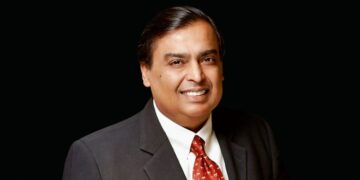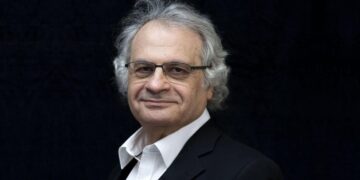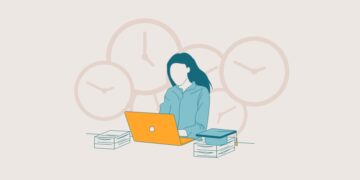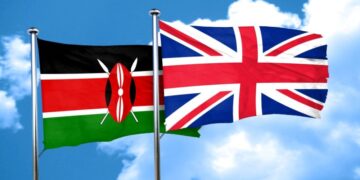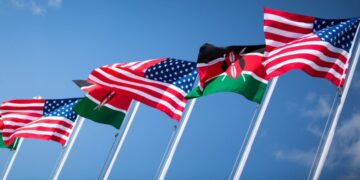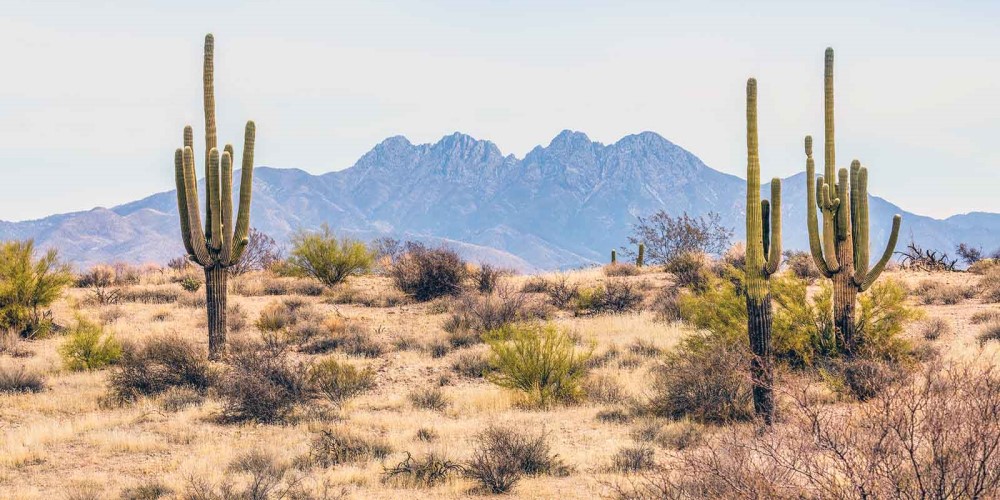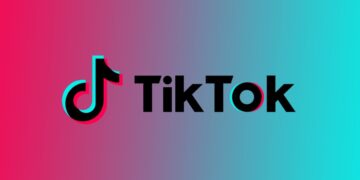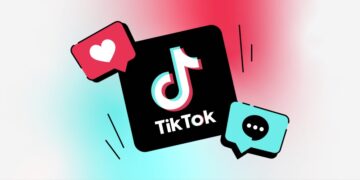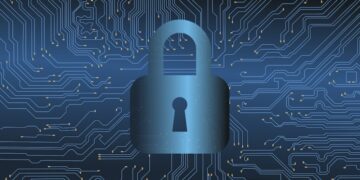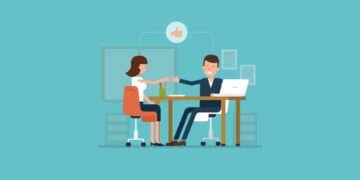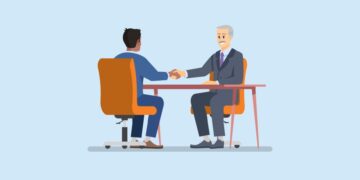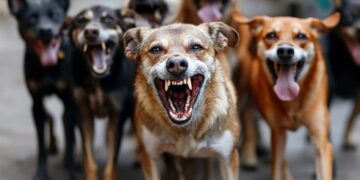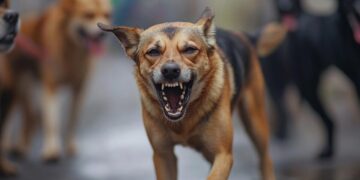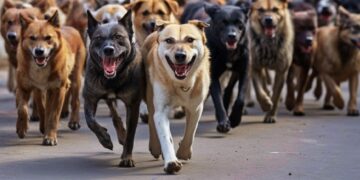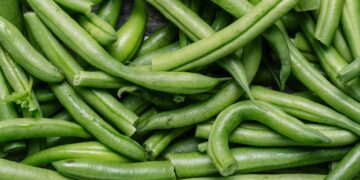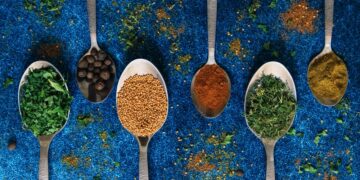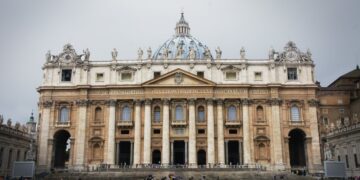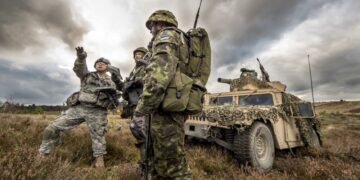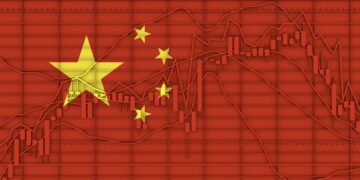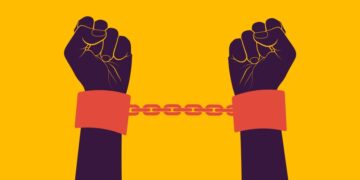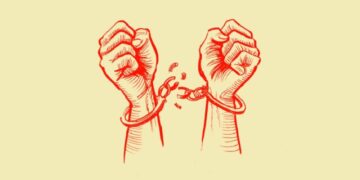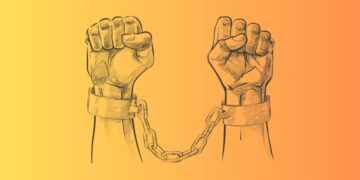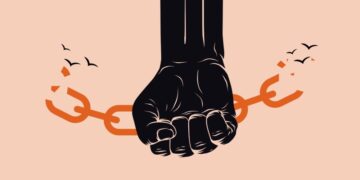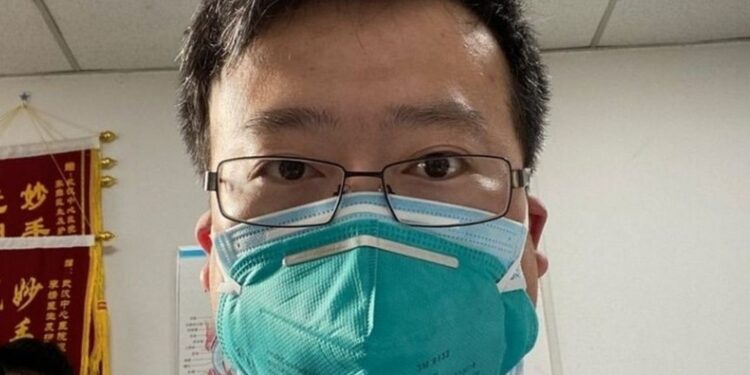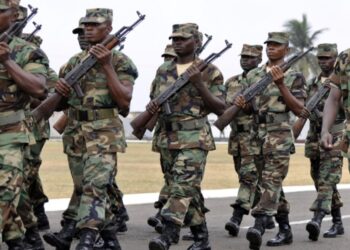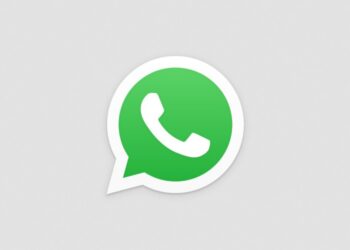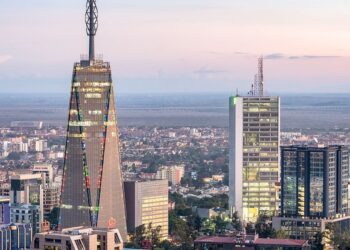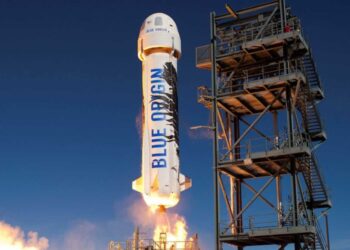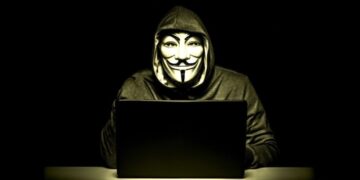No disease in living memory has posed as great a threat to global health and livelihoods as the novel coronavirus. But since its earliest days, the battle against SARS-CoV-2 (COVID-19) has also spurred countless people to tremendous acts of resourcefulness, courage, and compassion. This articles highlights and celebrates those people have rallied the world behind them in this decisive moment, including inspirational figures from the medical community, some of whom led by example even at the cost of their lives.
Here are the top 20 heroes of the COVID-19 pandemic.
1. Li Wenliang (Ophthalmologist, Wuhan Central Hospital, China)
If the pandemic has a face, it’s the mask-clad visage of Dr. Li. After becoming one of the first to sound the alarm about a new virus emerging in his city, Li was detained by local Chinese authorities and forced to recant his warning. Within days of his release, the 34-year-old doctor returned to treating patients, only to become infected by the all-too-real disease, and then, on February 7, 2020 to succumb to it.
Dr. Li’s bravery, both in the face of the coronavirus and the state, inspired China and ultimately the world. In April, 2020 the Chinese government honored Li as a “martyr”. Dr. Li’s final post on social media site Weibo has become a living memorial, where users flock to post messages and celebrate his life. This digital Wailing Wall, as some have called it, stands in rebuke to anyone who does not believe that the voice of one can be the difference between the life or death of thousands.
2. Chris Gregoire (CEO, Challenge Seattle)
Gregoire, a former Washington governor, brought hard-hit Seattle’s business community together early in the city’s outbreak. She insisted on a science-based response, and the group, which includes some of the world’s most competitive corporate rivals, followed her lead – acting early, aggressively, and in unison – to help slow the virus’s spread.
3. Jack Ma (Cofounder, Alibaba, China)
A strong advocate of US-Chinese cooperation during his time running Alibaba, Ma cut through geopolitical tensions to donate thousands of testing kits and a million face masks to the CDC, while facilitating the shipment of 1,000 ventilators to New York State. He was also quick to help other undersupplied nations, particularly in Latin America and Africa. As of mid-April 2020, Ma had donated nearly 18 million masks, 3 million test kits, and thousands of ventilators reaching over 100 countries.
4. Anthony Fauci (Director, National Institute of Allergy and Infectious Diseases)
In 36 years as director of NIAID, Fauci has guided the U.S. response to outbreaks from AIDS to Zika. After mixed signals and inaction initially handicapped the federal reaction to the coronavirus, Fauci emerged as the administration’s most trusted authority figure. He assuaged the public by speaking plainly, frequently, and honestly in briefings. And his candor about mistakes, “It’s a failing, let’s admit it,” he told Congress of the government’s testing efforts, helped prompt the White House to course-correct.
5. Rachael Bedard (Geriatrician, Rikers Island)
Bedard, who cares for the oldest and sickest in New York City’s correctional system, has refused to allow the risk to her incarcerated patients to be overlooked. She used Twitter to call for a mass release of detainees, reminding anyone who will listen that jail is “a perfect setup” for a deadly outbreak.
6. José Andrés (Founder, World Central Kitchen)
The chef and restaurateur has thrown himself into nourishing those affected by the crisis, forklifting food onto quarantined cruise ships and serving nearly 100,000 meals a day to healthcare workers and others in hotspots, all while providing much-needed jobs for restaurant employees. Andrés’s latest feat: turning the Washington Nationals’ baseball stadium into a massive community kitchen to serve D.C. residents.
7. George Yancopoulos (Cofounder and Chief Scientific Officer, Regeneron)
Regeneron and Yancopoulos are racing to fight COVID-19 on two fronts. The company’s rheumatoid arthritis drug sped into clinical trials in March after evidence emerged from China that it may help the most severely ill patients. Since January, 2020 Yancopoulos’s team has also been developing an antibody cocktail, the same approach that helped Regeneron deliver an Ebola drug in 2019, to treat the disease and serve as a prophylaxis for medical workers.
8. Mary Barra (CEO, General Motors)
GM was the first big American automaker to commit its idle assembly lines to the fight against COVID-19. Barra stood fast in the face of criticism from President Trump and reaped the benefits. On April 8, 2020 the U.S. Department of Health and Human Services awarded GM a $489 million contract to deliver 30,000 ventilators by the end of August.
9. Bill Gates (Cofounder, Bill & Melinda Gates Foundation)
Five years ago, with spooky precision, Gates warned us we’d be where we are now if we didn’t prepare for a pandemic. (We didn’t prepare.) Luckily, Gates did – putting his money in 2017 behind CEPI, an organization that has already ushered eight COVID-19 vaccine candidates into development. In February, 2020 Gates deployed funding to ready critical public health infrastructure in Africa and South Asia for the virus’s onslaught.
10. Lee Hsien Loong (Prime Minister, Singapore)
Singapore was one of the first countries outside China to confirm a coronavirus case; nearly three months on, its COVID-19 related deaths remained in the single digits. The country’s National Center for Infectious Diseases developed a test before the city-state confirmed its first case. It now has one of the highest per capita testing rates in the world. Swift border controls, methodical contact tracing, and transparent communication with the public also serve as how-tos for other virus hotspots.
11. Jane Mosbacher Morris (Founder and CEO, To the Market)
Morris’s organization matches big buyers, like Target and Mastercard, with a global network of nontraditional manufacturers, mostly women-owned and based in vulnerable communities. In March, 2020 dozens of TTM makers retooled their operations to produce masks, gowns, and scrubs. Barely 30 days later, the personal protective equipment (PPE) began rolling in. Morris has orders for over 1.2 million units in the U.S. and hopes to eventually distribute in Kenya, Ghana, and India too.
12. Director, Institut Pasteur, Senegal (Founder and CEO, To the Market)
Testing resources for COVID-19 have been particularly scarce in Africa, where a couple of months ago the continent had just two labs, one of which is Sall’s institute, that could do the job. The virologist has been focused on spreading that capacity and creating a more practical way to test. Working with U.K. based diagnostic company Mologic, Sall’s team is developing a point-of-care device that will offer results in 10 minutes. Tests will cost less than $1 and be manufactured in Senegal.
13. Kious Kelly (ER Nurse, Mount Sinai West)
One of the countless health care professionals putting their lives on the line, and too often losing them, Kelly is believed to be the first New York City nurse to have died from the virus. His death spurred colleagues to defy orders and speak out about the dangerous PPE shortages at city hospitals, motivating policymakers and philanthropists to step up to help.
14. Rihanna (Founder, Clara Lionel Foundation/Fenty Beauty)
Rihanna’s nonprofit pledged $5 million to address the needs of families impacted by the pandemic, making her one of the first celebrities to throw their financial weight into the crisis. So far, her commitments include $2 million partnerships with Jay-Z’s Shawn Carter Foundation and Jack Dorsey, and an effort to get tests and supplies to ICUs in Haiti and Malawi.
15. Neil Ferguson (Professor, Imperial College London, U.K.)
In early March, 2020 the U.K. was pursuing a coronavirus strategy that accepted an almost unchecked infection rate in a bid to create widespread immunity. Modeling provided by epidemiologist Ferguson and his team helped change the government’s mind. Without a lockdown, the scientists warned, over 500,000 people could die in the U.K. The White House also took note of the model, which predicted a U.S. death toll as high as 2.2 million, and stepped up isolation rules.
16. Shirin Rouhani (Physician, Shohada Hospital, Iran)
Facing a severe shortage of medical staff, Rouhani continued to treat patients even after she herself was infected by COVID-19. After her death, many Iranians used Instagram, Twitter, and other social media platforms to share a photo of the doctor hard at work while hooked to an IV drip, praising her persistence and bravery in the face of Iran’s massive outbreak. Rouhani’s story and the photo above went viral with the hashtag #RIPShirinRouhani.
17. Wang Chuanfu (Chairman, BYD)
Wang was among the first corporate leaders to implement a major pivot to meet virus-driven demand. In late January, 2020 when the COVID-19 crisis was accelerating in China, Wang created a task force to design and build new production lines to manufacture face masks and hand sanitizer, goods now in demand worldwide. Today, the Shenzhen-based electric-vehicle maker claims to be the world’s largest manufacturer of surgical masks, churning out 5 million a day.
18. Angela Merkel (Chancellor, Germany)
Hardly a lame duck, Germany’s chancellor won global praise for her calm, immediate, and effective response to the pandemic. Merkel, a trained scientist, imposed strict social distancing measures and modeled them herself, self-quarantining after her doctor tested positive for COVID-19. Those policies and Germany’s early, widespread testing have helped keep its death toll far lower than that of many of its European neighbors.
19. Jenny Durkan (Jenny Durkan, Mayor of Seattle)
As the federal government dragged its feet, America’s mayors – particularly those leading U.S.’s biggest and therefore most vulnerable cities – sprang into action to protect their citizens. In Seattle, the earliest U.S. hotspot, Jenny Durkan established the country’s first drive-up testing site for first responders, created a $5 million grocery voucher program, and shared her city’s hard-won lessons with her fellow mayors.
20. Leo Varadkar (Prime Minister, Ireland)
Closing out his term in the midst of the crisis – his party lost in February’s election – Varadkar has tackled the situation with aplomb, canceling Saint Patrick’s Day festivities and closing schools, pubs, and other establishments without hesitation. But what has really impressed is his willingness to put himself on the front lines: A doctor by training, Varadkar is now working half a day per week assessing patients for the virus.




































